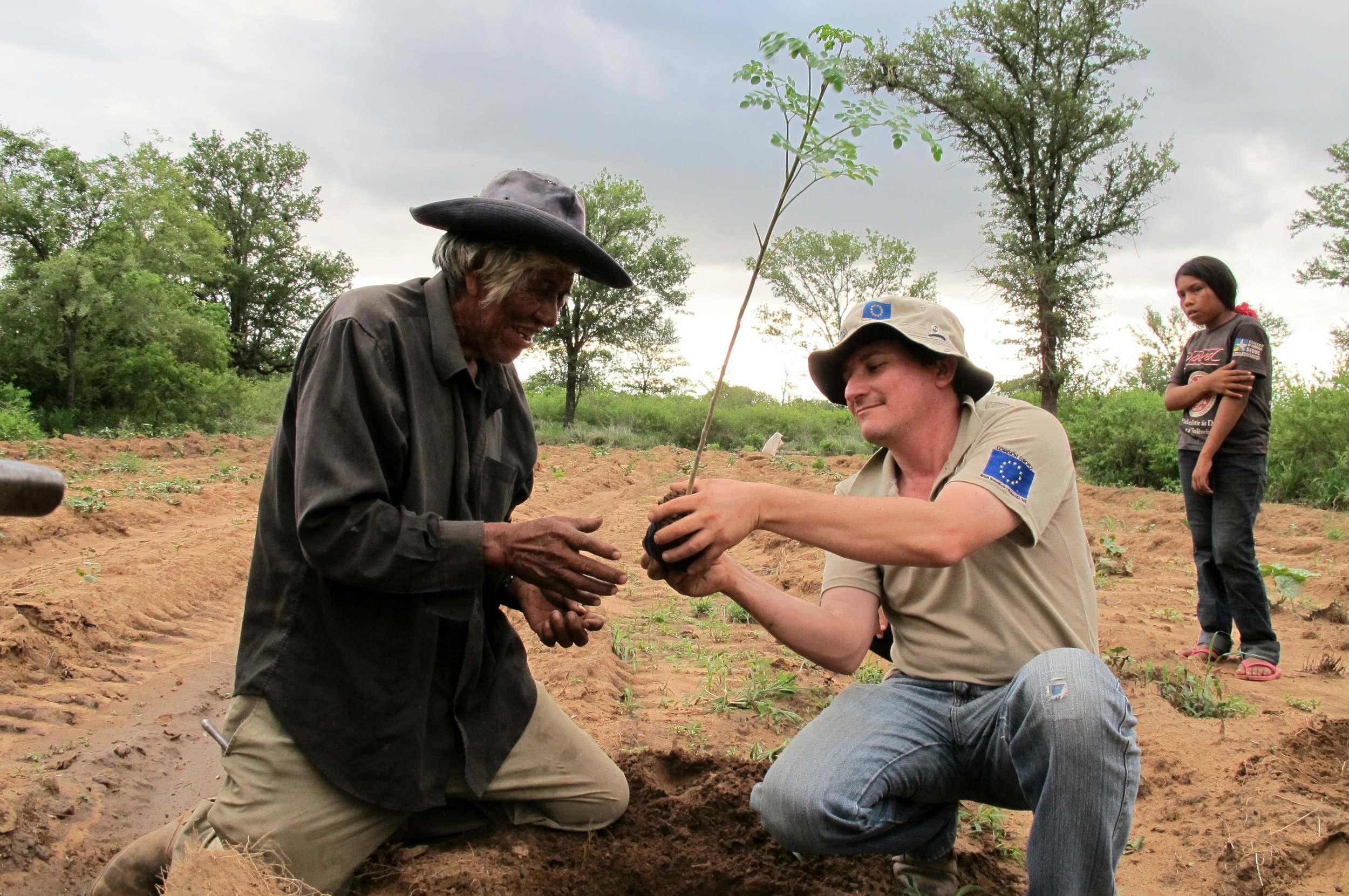In the second edition of "How to Win Every Argument" I introduce 12 new fallacies, one of which is the False Zero Sum Game. This is the fallacy of supposing something to be in fixed supply when it is not. Some suppose that if some countries are to grow richer, others must become poorer. In fact wealth is not in fixed supply; it can be created.
Another fallacy I did not include is the inverse of this one, where people suppose an unlimited supply of something limited. Given that countries will not allocate the whole of their GDP to foreign aid, a limited aid budget is available. The question is "How can it be spent most effectively?" One answer is that supplied by the Copenhagen Consensus established by Bjorn Lomborg. Distinguished economists meet every 4 years to assess how to prioritize limited funds. Its rigour has earned it a reputation for fairness.
In an article published a year ago, Matt Ridley described how Lomborg handed the UN Open Working Group slips of paper representing worthwhile projects and had them place them in order of priority. They were startled, coming from a mindset that "everything is important." Lomborg then had 60 economists calculate the cost-effectiveness of different targets, and list their likely benefits:
1. Every dollar spent on reducing malnutrition yields $59 in benefits. Better fed, children's learning improves and they become more productive members of society.
2. A dollar spent combating malaria and tuberculosis brings $35 in gains. These diseases cause sickness that reduces the ability to do productive work.
3. A dollar spent fighting HIV brings $11 in returns, and so on.
By contrast, each dollar spent on programmes to limit global warming to 2 degrees Celsius brings only 2 cents in benefits.
In his article Ridley lists his own top priorities, adding boosting preprimary education, which he suggests might return $30 per dollar spent. He suggests that universal access to sexual and reproductive health would save mothers' lives and lower birthrates, yielding perhaps $150 per dollar spent on it. Finally Ridley suggests that expanding free trade could deliver "phenomenal improvements to the welfare of the poor in surprisingly quick time." "A successful Doha Round of the WTO could deliver annual benefits of $3 trillion for the developing world by 2020, rising to $100 trillion by the end of the century."
It is a rewarding discipline to compare the effectiveness of different projects, and to explore which ones would do most good with the limited funds. It has the potential to make aid more effective at achieving worthwhile goals.


